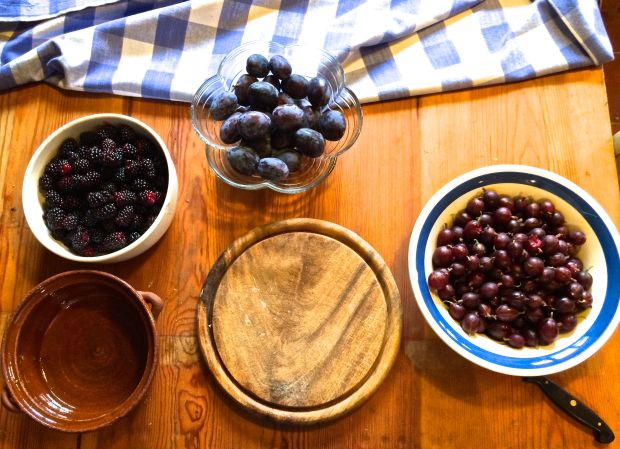Healthy Eating, The Finns and Food Positivity
 Listening to BBC Radio Four’s “The Food Programme” a few weeks ago, I was informed, for the first time of a truly amazing story, one which I feel compelled to share. The story is this; in the 1970s, Finland had the world’s highest rate of mortality for heart disease, its national diet was one of the unhealthiest on the planet, being almost entirely made up of meat and dairy products. However, today, through the pioneering efforts of a small group of scientists and legislators, the rate at which its people die from heart disease has been reduced by 60%.
Listening to BBC Radio Four’s “The Food Programme” a few weeks ago, I was informed, for the first time of a truly amazing story, one which I feel compelled to share. The story is this; in the 1970s, Finland had the world’s highest rate of mortality for heart disease, its national diet was one of the unhealthiest on the planet, being almost entirely made up of meat and dairy products. However, today, through the pioneering efforts of a small group of scientists and legislators, the rate at which its people die from heart disease has been reduced by 60%.
Those tasked with tackling this problem, achieved success by galvanising a vast range of organisations, from national government to local housewives associations; they have involved educators, health care professionals, the media, producers and retailers. They understood that in order to truly change the way people think about food, every part of society must change. In addition, and what is so truly exciting about this story, the message that permeates every initiative and every individual piece of policy put forward is one of hope, optimism and positivity.
They did not preach about cutting back or cutting out. Instead the population was made to feel excited about new foods, healthier options were opened up to them and they were taught to broaden their horizons rather than merely give up the fats and sugars upon which they had become so wholly dependent.
Today, despite their unprecedented success dealing with heart disease, Finnish childhood obesity rates have remained stubbornly high. To combat this, Finland has rediscovered its optimistic nutritional message. An initiative now being rolled out across the country encourages children to question, play with and think about food in an entirely new way, as Bee Wilson describes in her new book, The First Bite. Children’s food education has become multi-sensory; they explore all aspects of ingredients from feel of a soft fluffy peach, to the spine-tinglingly sharp flavour of raw cranberries, to the bright jewel colours of beetroots and raspberries.
This kind of attitude, it struck me, is one that is wholly lacking in British food culture. In schools, children are introduced to food by pie-chart style diagrams of “the perfect plate” or unceasing chants of “five-a-day”, and in the media, eating healthily is consistently linked to moderation or “self-control”. This is especially true of the healthy eating craze that has blown up in the last few years. Felicity Cloake, in her recent article on the #eatclean movement, depressingly hit the nail on the head when she wrote “what all of the various clean regimes have in common… is a hefty helping of self-denial”.
Whether its Gwyneth Paltrow telling you to cut out meat, fat, gluten, dairy, nightshades and pretty much anything edible from your diet or Deliciously Ella advising you to steer clear of “anything processed” (whatever that means), it seems that healthy food in the UK has become synonymous with restraint and restriction.
Around a quarter of the adult UK population are now obese and over half are overweight. For children the story is even more depressing, nearly 10% of those aged 4-5 are obese and this figure doubles by the time they reach the age of 10. We are in a horrifying situation and currently our only solution seems to be “just say no”. Any yet, when someone says to you, “you really shouldn’t have a second slice of cake”, doesn’t that just make you want to polish of the slice in one bite and shove the rest of the cake into their smug little face?
Telling people to cut down, cut out, steer clear of or control themselves is not a viable solution. We need to start educating about food in an exciting way, showing people the possibilities, offering delicious, colourful, interesting alternatives and options rather than restrictions at every turn. We need to learn to be a little bit more positive, a little bit more like Finland, after all they are the country that brought us saunas, a plethora of heavy metal bands and Angry Birds, they must know a thing or two.
